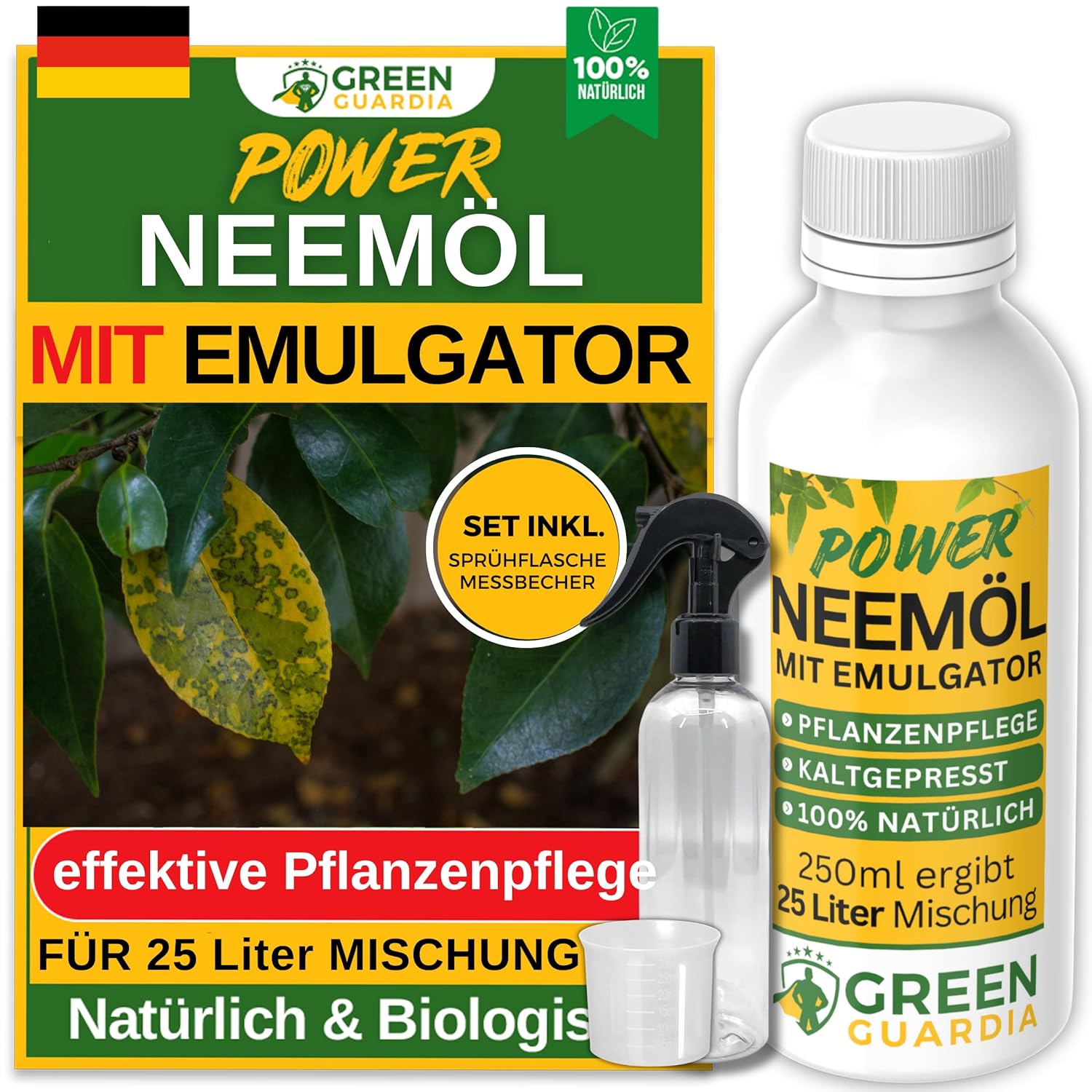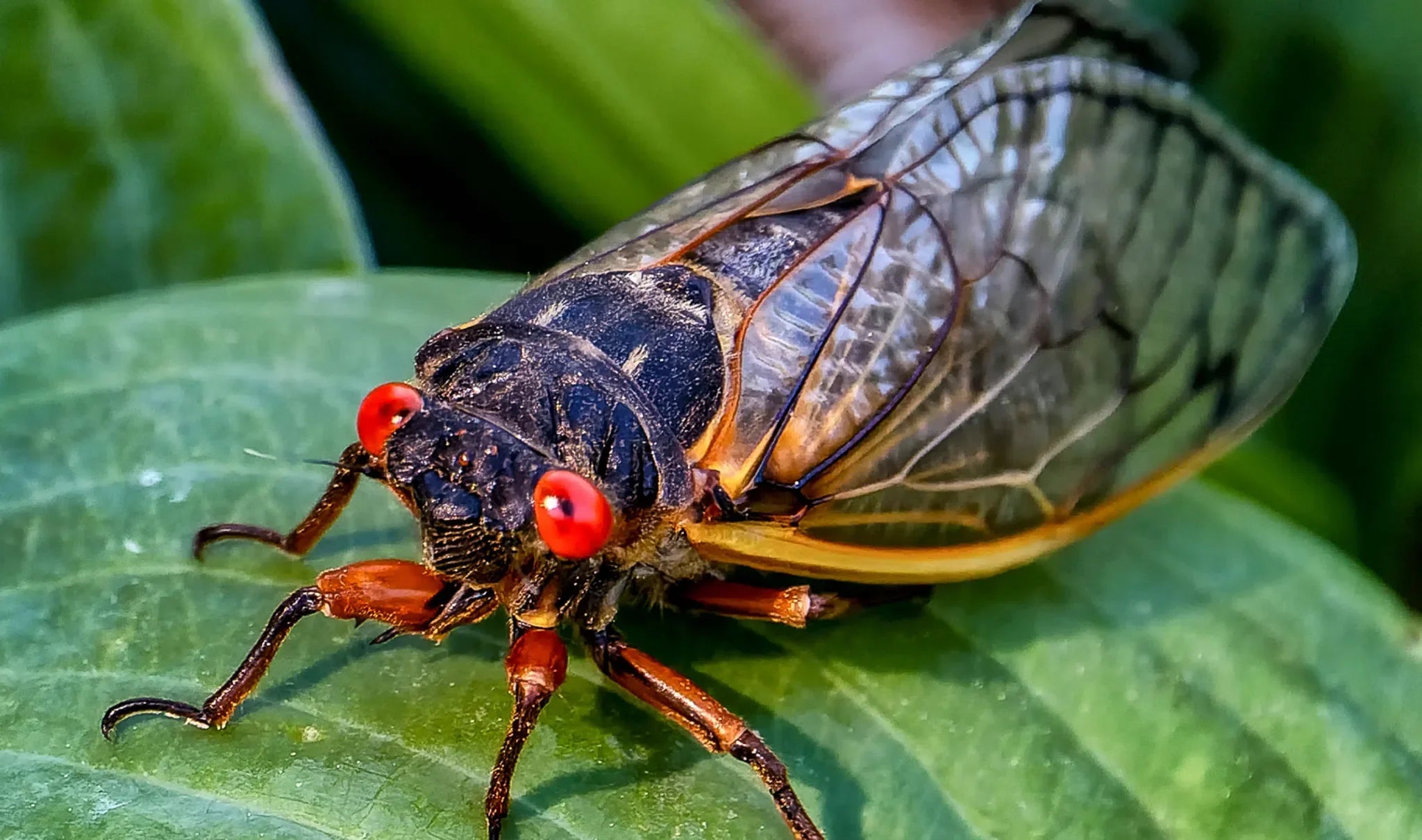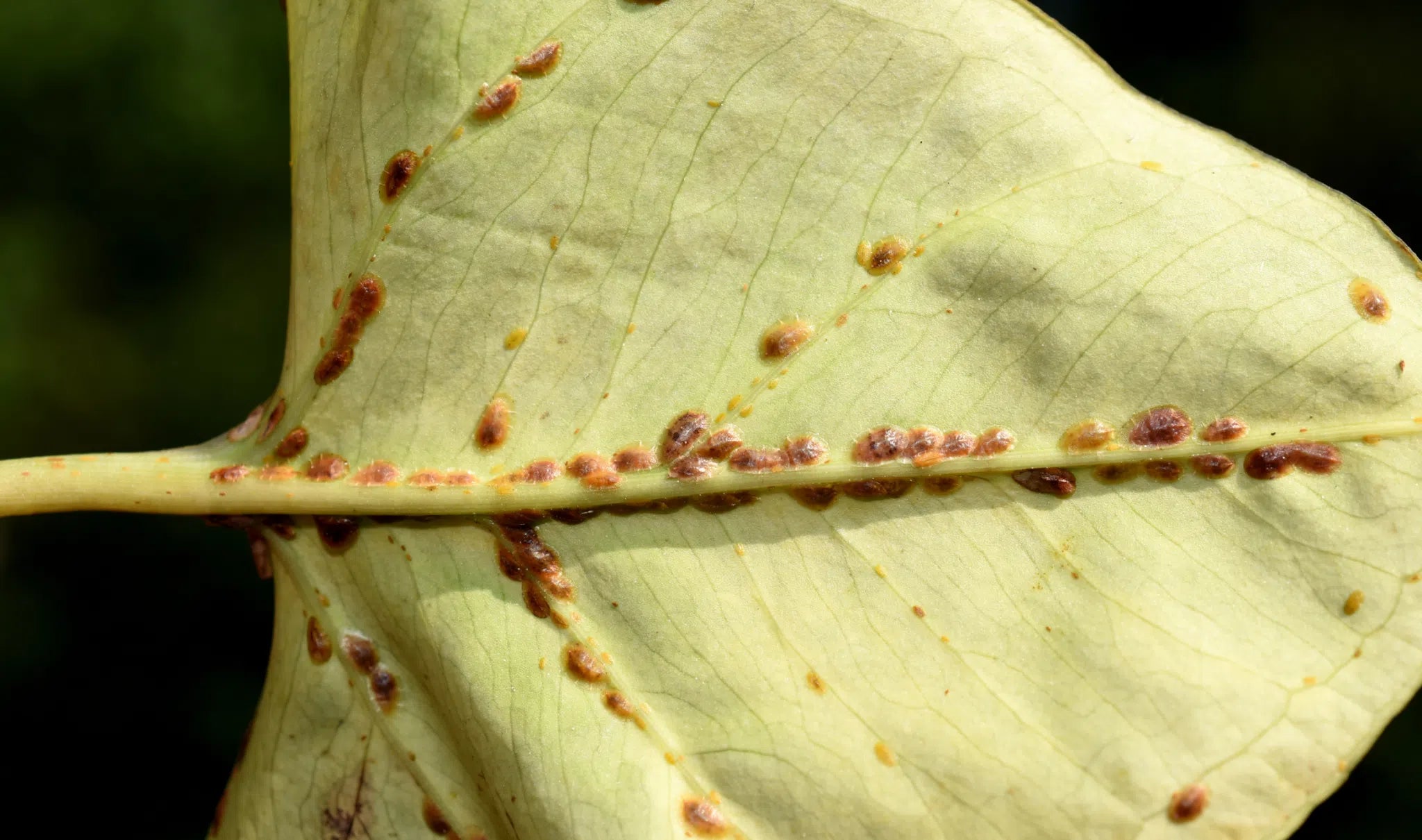Identify and naturally combat pest butterflies
Pest butterflies are a serious problem for many vegetable gardeners. Their larvae chew through the plant material, causing not only visible damage but also crop losses. Here's how to identify pest butterflies, control them naturally, and prevent future infestations.
An overview of the pest
Typical representatives, such as the cabbage white butterfly , lay their eggs on the leaves of your plants. The caterpillars that hatch from them chew through the foliage. Without countermeasures, significant yield losses are threatened.
Life cycle and reproduction
After laying eggs, the larvae hatch within a few days and begin their damaging work. Within a few weeks, the caterpillars develop into new butterflies. Therefore, prompt intervention is crucial.
How to recognize an infestation
- Holes or signs of damage to the leaves
- Visible green or brown caterpillars on the plant
- Pupations on stems or leaves
- Yellowed, weak or deformed plants
Natural methods to combat
- Ichneumon wasps (Trichogramma brassicae): Parasitize the butterflies’ eggs and thus prevent new infestations.
- Mechanical collection: Remove caterpillars regularly by hand.
- Sticky traps: Help monitor and reduce adult animals.
- Neem oil: Naturally supports the control of larvae.
Preventive measures
- Regular plant inspection, especially during egg-laying period
- Observe crop rotation to avoid growing cruciferous plants in the same location every year
- Targeted use of parasitic wasps in spring
- Strengthen healthy plants through balanced fertilization
Products for natural control
We recommend parasitic wasps (Trichogramma brassicae) for targeted, natural control of pest butterflies. You can find them in our shop – simple and effective to use, completely without chemicals.
We also offer biological sprays and mechanical aids to permanently protect your plants and prevent infestation.
Conclusion
Pest butterflies can be effectively controlled through timely control, natural methods, and preventative measures. With the targeted use of beneficial insects such as parasitic wasps, you can protect your plants sustainably and chemical-free.












